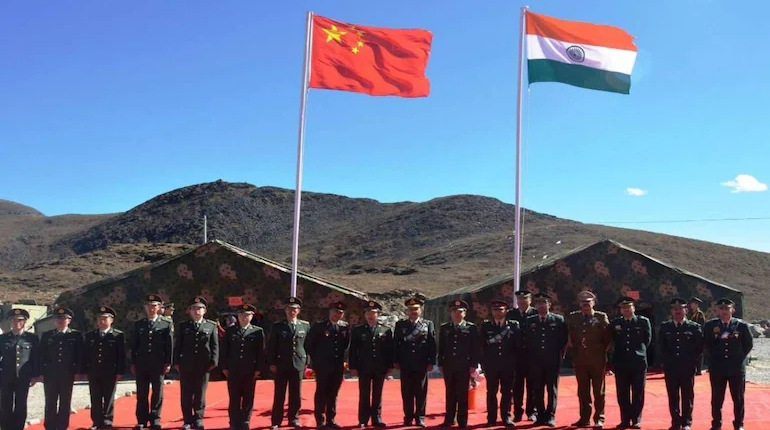In a significant diplomatic development, India and China have announced a new agreement regarding border patrolling in their disputed regions, marking a potential thaw in relations between the two countries after years of heightened tensions. A senior Indian official confirmed the agreement on Monday, just ahead of a crucial meeting between Indian Prime Minister Narendra Modi and Chinese President Xi Jinping at the upcoming BRICS summit in Russia.
The agreement comes four years after violent clashes between Indian and Chinese border guards in the Galwan Valley, which resulted in the loss of lives on both sides and severely impacted bilateral relations. Since then, the two nations have engaged in numerous rounds of military and diplomatic talks, aiming to ease tensions along their long-disputed border, which stretches over 3,400 kilometers.
The timing of this announcement is particularly noteworthy as Modi and Xi are set to participate in the BRICS summit hosted by Russian President Vladimir Putin in Kazan, beginning Tuesday. Speculation has been rife in recent weeks regarding the possibility of a face-to-face meeting between the two leaders to discuss the normalization of relations. Both countries, which are pivotal players in the Asian geopolitical landscape, have much to gain from a more stable relationship.
Analysts view the new patrolling agreement as a step towards de-escalation and cooperation. It is seen as an acknowledgment by both nations of the need to manage their differences in a more constructive manner. The agreement is expected to include protocols for communication and coordination between the border forces, aiming to prevent misunderstandings that could lead to conflicts.
Despite the positive development, challenges remain. The border dispute has deep historical roots, and nationalist sentiments in both countries could complicate future negotiations. Moreover, the strategic rivalry between India and China, particularly in the context of their relationships with other regional powers, adds another layer of complexity.
As the world watches, the upcoming BRICS summit will serve as a crucial platform for Modi and Xi to further explore avenues for collaboration, not just on border issues but also in areas such as trade and climate change. A successful dialogue could reshape the geopolitical dynamics in Asia and potentially pave the way for a new era of cooperation between the two largest nations in the region.









